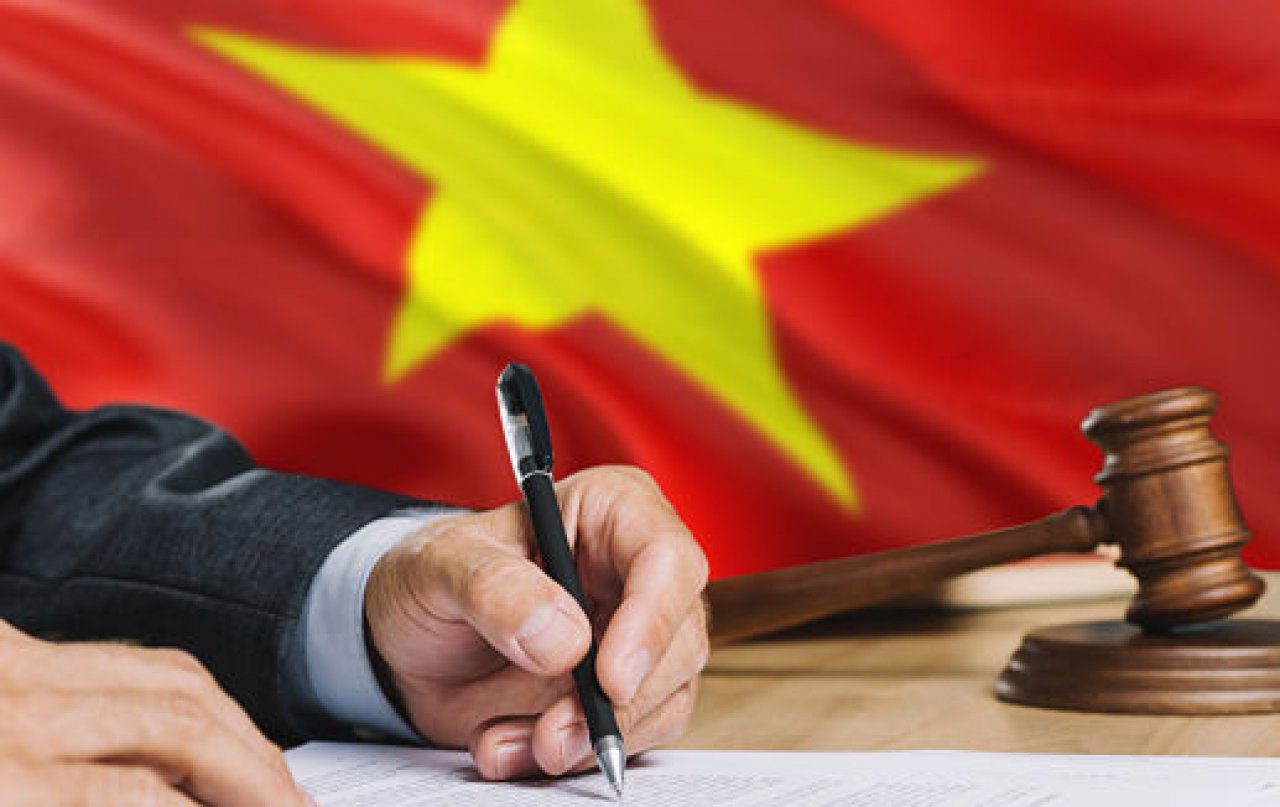
LEGAL UPDATE VIETNAM - Exclusive Jurisdiction of Vietnamese Courts over International Disputes Involving Real Property Rights"
The 1986 Economic Innovation Program in Vietnam opened up the possibility of transactions with foreigners for Vietnamese entities and citizens, leading to opportunities and challenges, including potential negative impacts from international disputes. The exclusive jurisdiction of Vietnamese courts over such disputes was established in Article 470 of the 2015 Code of Civil Procedure. We focus on disputes related to real property rights in Vietnam.
According to the regulation, disputes concerning rights to real estate in Vietnam must be handled by competent Vietnamese courts. Claims involving foreign elements regarding the status of abandonment or the right to ownership of abandoned real estate in Vietnam also fall within the exclusive jurisdiction of Vietnamese courts.
In practice, Vietnamese courts have applied Exclusive Jurisdiction in requests for the enforcement of foreign judgments and arbitral awards in Vietnam. An example is Case No. 09/2023/HS-PT of the Supreme Court of Hanoi dated January 17, 2023. Korean companies GPS and UTC brought a dispute with Vietnamese company VMG to the Singapore International Arbitration Centre (SIAC). SIAC arbitrators issued an award in favor of VMG, requiring compensation to the Korean companies. However, when attempting to enforce the award in Vietnam, Vietnamese judges noted that it involved the management of movable and immovable property in Vietnam. Since real estate falls within the Exclusive Jurisdiction of Vietnamese courts, the Supreme Court of Vietnam rejected the enforcement of the award.
The general jurisdiction of a Vietnamese court over a case with foreign elements remains unchanged after acceptance, regardless of changes in the nationality or residence of the disputing parties, which could result in a change of jurisdiction. However, Vietnamese courts will refuse or suspend the resolution of cases when:
These provisions from Vietnamese authorities guide judges in handling civil cases involving at least one foreign entity. Courts cannot reject cases for lack of jurisdiction. This requires courts to carefully assess requests for the enforcement of foreign judgments.
These rules outline the jurisdiction of Vietnamese courts, especially Exclusive Jurisdiction, in international civil cases. Practical application may vary, creating challenges in recognizing and enforcing foreign judgments in Vietnam, particularly for disputes related to real property. It is vital for businesses to be aware of these jurisdictional requirements to choose appropriate dispute resolution methods with foreign partners, reducing time and resource wastage.
View Attached